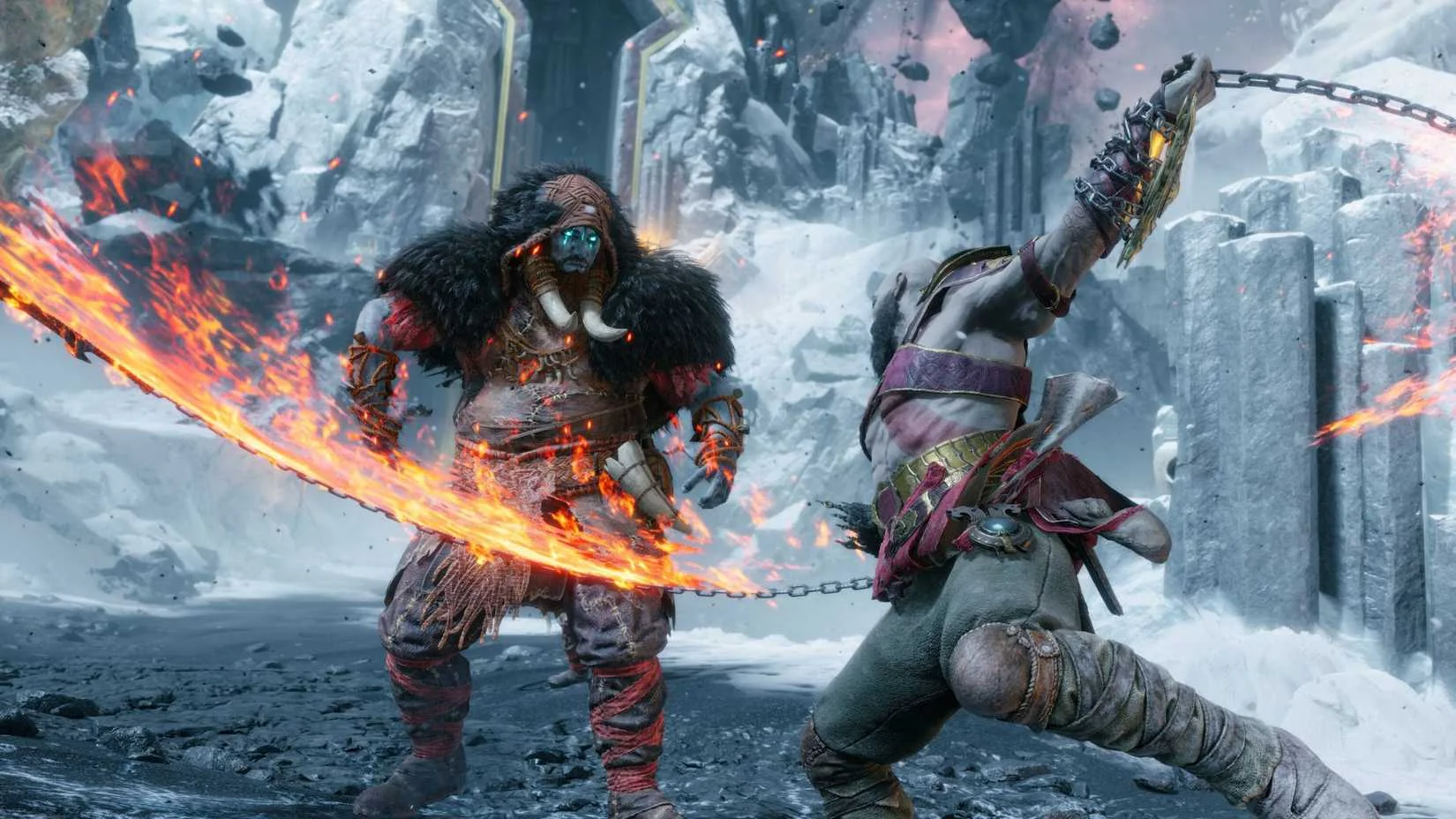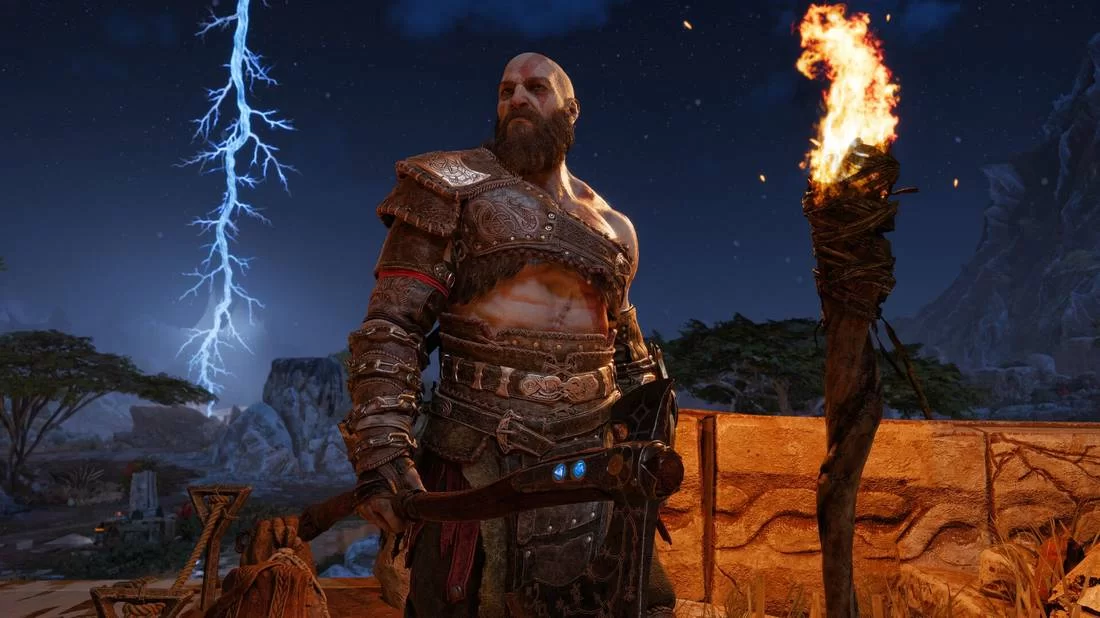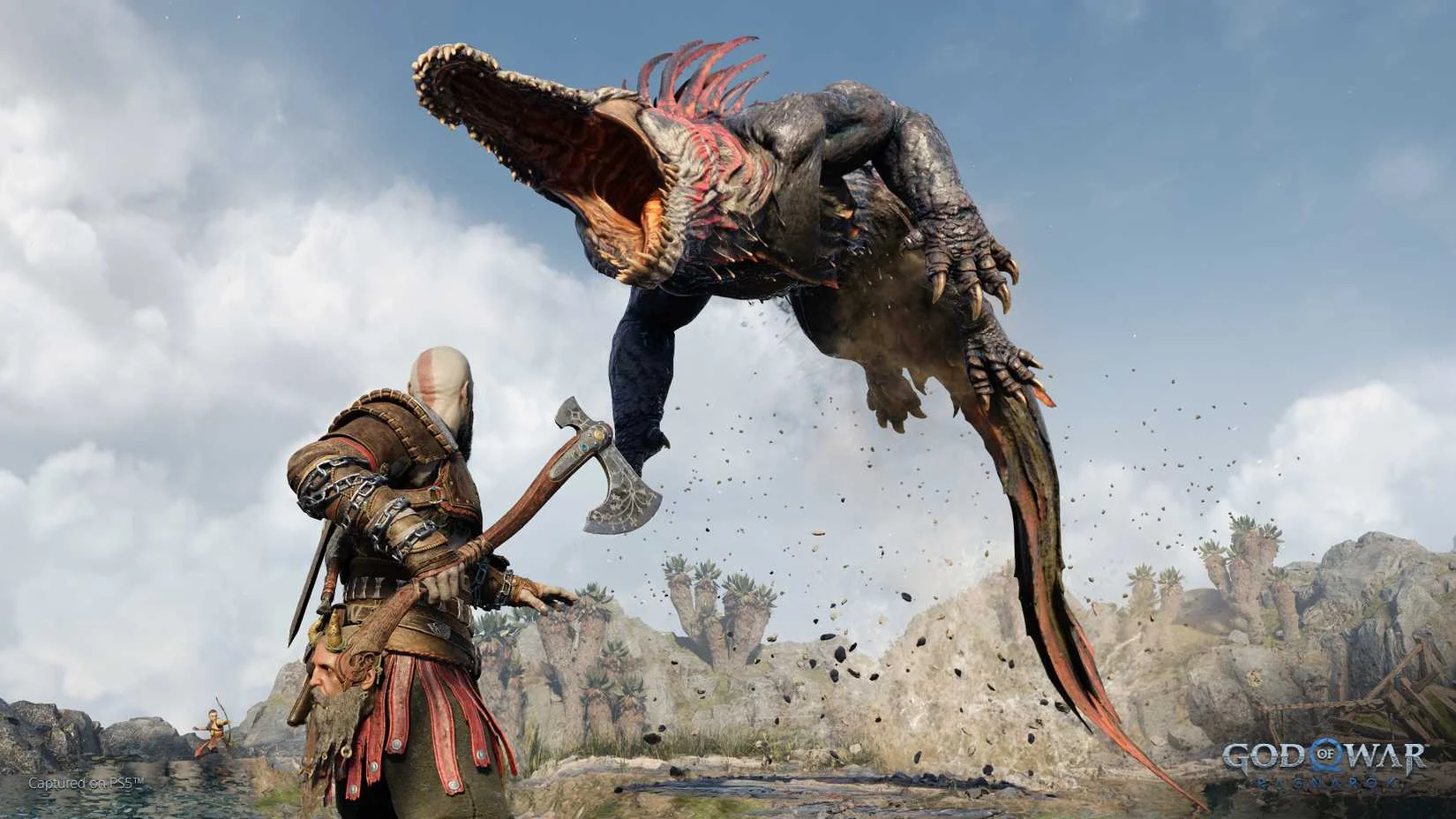Former God of War studio head Meghan Morgan Juinio has shared a candid warning to major game publishers, cautioning them against relying too heavily on big-budget AAA projects. In an era where game development budgets are soaring into hundreds of millions of dollars, Juinio argues that the industry’s growing obsession with scale and spectacle could be pushing studios toward unsustainable business models — and, ultimately, burnout.
The comments arrive at a crucial time for the gaming industry. Despite record-breaking releases and high-profile franchises, several leading companies have faced financial instability, disappointing sales, and mass layoffs in 2025. According to Juinio, who served as Co-Head and Director of Product Development at Santa Monica Studio until June 2025, publishers must look beyond blockbuster titles if they want to ensure long-term creative and financial stability.
💬 Juinio: “Diversify into Double-A and Single-A Development”
Speaking in an interview with Game Developer, Juinio emphasized that creativity and innovation shouldn’t be confined to massive productions. She argued that publishers should “diversify into Double-A and Single-A development” — mid-scale and smaller projects that allow for more experimentation and risk-taking.
“Big publishers have become too fixated on the next billion-dollar release,” Juinio explained. “But not every game needs to be a massive spectacle. There’s incredible potential in giving smaller teams room to innovate without the financial pressure of AAA expectations.”
The idea resonates with recent market trends. Mid-budget successes like Split Fiction, which sold over four million copies within months of release, have proven that innovative design and strong storytelling can drive success without blockbuster budgets. Meanwhile, some of the biggest AAA releases — including Dragon Age: The Veilguard and EA Sports FC 2025 — have struggled to meet both critical and commercial expectations, suggesting that the formula may be reaching its limits.
⚔️ A Reflection on the Industry’s Challenges
Juinio’s warning comes amid one of the most turbulent periods in modern gaming. 2025 has seen sweeping layoffs across the industry, with thousands of employees affected at Microsoft, Embracer Group, and other major companies. Even celebrated studios have been forced to scale back or cancel projects as costs spiral out of control.
Although she acknowledged that AAA games can deliver massive rewards when they succeed, Juinio warned that relying solely on these “tentpole” titles is dangerous. “The risk-to-reward ratio is simply too high,” she noted. “If even one major title underperforms, it can threaten entire studios.”
Her remarks highlight a growing sentiment among developers that the industry must strike a balance — maintaining ambitious flagship titles like God of War or GTA 6, while also nurturing smaller, creative projects that can be made faster and at a fraction of the cost.
🎮 The Future of Gaming: Beyond Bigger Budgets
The conversation also raises questions about where the next wave of innovation will come from. Independent titles such as Hollow Knight: Silksong, Hades II, and Dave the Diver have shown that creativity and player engagement don’t always require astronomical budgets. These games thrive on focused storytelling, tight gameplay design, and artistic freedom — elements often constrained in AAA production pipelines.
As for the future of God of War, rumors continue to swirl about a new entry possibly set in Egypt, though nothing has been officially confirmed. Whatever comes next for the franchise, Juinio’s perspective offers an important reminder: the future of gaming may depend not just on making bigger games, but on making smarter, more sustainable ones.




